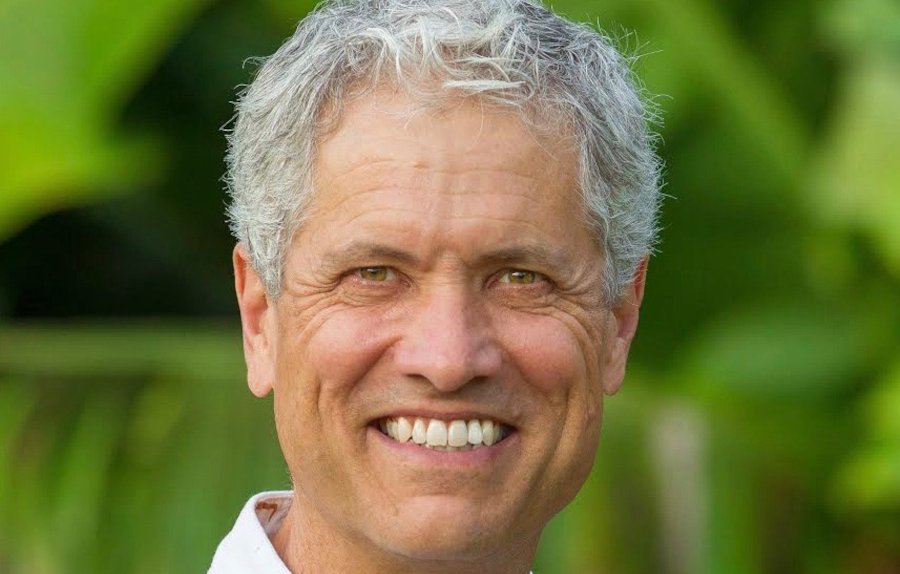A Hawaiian lawmaker said regulation of hemp should be bundled with marijuana because hemp-derived CBD can be transformed into delta-8 THC and similar intoxicating products.
Rep. David Tarnas, one of three lawmakers who called on the state’s attorney general to prepare a report and draft a bill for legalizing recreational cannabis, said it is logical that hemp be included with recreational and medical marijuana under a single regulatory body responsible for all cannabis – especially because the intoxicating hemp products have become common in Hawaii.
Safety fears
The high-producing products are made in the lab by putting hemp-derived CBD through a synthetic process. In the report on the proposed new measure, prepared by legislative committees on Health and Human Services, Commerce and Consumer Protection, and Judiciary and Hawaiian Affairs, the lawmakers warned that manufacturers are using potentially unsafe household chemicals to make delta-8 THC, delta-9 THC, delta-10 THC, and THC acetate (THC-O).
A war over the compounds is raging across the U.S.
The final draft calls for the creation of the Hawaii Cannabis Authority and cannabis control board to be created under the Department of Commerce and Consumer Affairs, which would draft rules for and then regulate medical and recreational cannabis, as well as hemp. It would come on top of Hawaii Act 263, passed last year, which eased hemp regulations, allowing sales and creating a task force to aid farmers and protect consumers.
Stakeholders push back
Hemp stakeholders are pushing back against the proposed additional legislation, suggesting it would damage the state’s nascent hemp sector, valued at up to $54 million by the Hawaii Hemp Farmers Association (HHFA). Farmers have invested close to $20 million into the industry, HHFA estimates.
Gail Byrne Baber of the HHFA told CivilBeat.org that hemp growers don’t want to be under a “cannabis czar” who is also responsible for recreational and medical marijuana, and worry about what the licensing scheme would look like.
Anticipating problems
Hawaii has yet to establish a legal recreational marijuana market, but the state legalized medical marijuana in 2000.
“If adult-use cannabis were to become legal, two of the biggest barriers to a successful legal cannabis market are gaps in regulation that could cause harm to the public welfare and the potential proliferation of illicit cannabis that would cause harm to the legal market,” the report suggests. “Hemp, as currently regulated, would constitute such a gap in regulation and would make it more difficult for law enforcement and regulators to combat the illicit cannabis market.”
The report also observes that law enforcement is unable to readily distinguish hemp flower, leaves, and seeds from the same components of illegal cannabis, and that the only certain way to distinguish between hemp and cannabis plants is through a unified system for chemical testing to determine how much THC is in the plant.
State law enforcement and cannabis and hemp regulators must be equipped with the resources and mission to properly regulate hemp if cannabis is legalized, according to the report.

